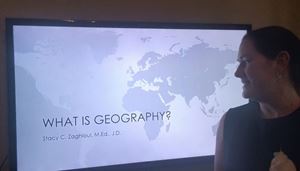
Students will learn the three main concepts that geography covers (biological, physical, and human systems), how they interact, what some of the main disciplines associated with geography are, and how geography impacts our daily lives.
Students will review concepts covered in lesson and their responses to independent work.
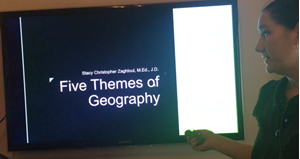
Students will learn the basic framework for students of geography: Location, Place, Human/environment interaction, Movement, and Region.
Students will review concepts covered in lesson and their responses to independent work.
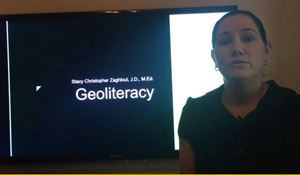
Geoliteracy, as defined by organizations such as National Geographic, involves the understanding of the world around us from two perspectives: spatial and ecological. When students contemplate both perspectives and everything they encompass, they are better able to understand the way humans, the physical world, and the biological world interact.
Students review concepts introduced in lesson and correct independent work.
This exam covers material included in Unit One, introduction to geography, including the concepts introduced in the Five Themes lesson and the Geoliteracy lesson
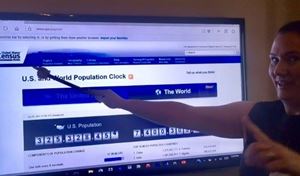
Students will not only learn why some areas are so densely populated while others are not, they will also learn how to investigate the population represented in the area in which they live, and will learn about why it is important that governments examine population density in their given regions.
Students review concepts introduced in lesson and correct independent work.
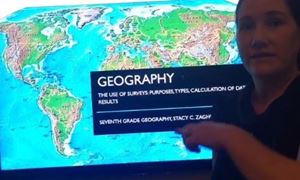
Students will learn the importance of different types of surveys, including biological surveys. Students will learn how surveys are conducted, and how their results are applied for everyday purposes.
Students review concepts introduced in lesson and correct independent work.

Students will learn the causes and consequences of globalization, including environmental impact, abuse of laborers, and spread of pandemics.
Students review concepts introduced in lesson and correct independent work.
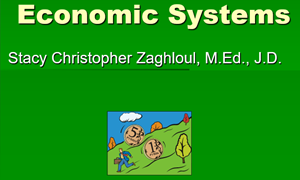
Students will learn the basic types of economies and their advantages and disadvantages
Students review concepts introduced in lesson and correct independent work

Students explore how cultures blend into their host society and vice versa, and the impact technology has had on accelerating the rate of acculturation.
Students review concepts introduced in lesson and correct independent work
Exam covering concepts introduced in unit two, human geography
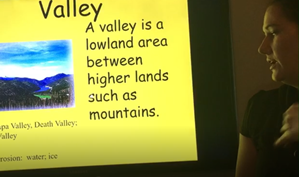
Students will identify landforms, including their location, how they were created, and the unique qualities specific landforms present.
Students review concepts introduced in lesson and correct independent work.
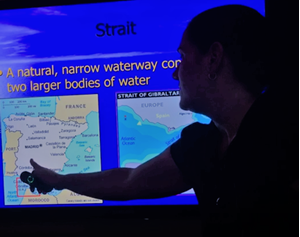
After identifying major bodies of water on Earth, students will learn how these geographic features were formed and how they contribute to human, animal, and plant life on Earth.
Students review concepts introduced in lesson and correct independent work.
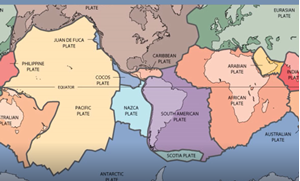
Students will explore the role of the movement of geological plates in causing earthquakes, volcanic activity, and other seismic events. Students will locate major plate activity on the globe.
Students review concepts introduced in lesson and correct independent work.
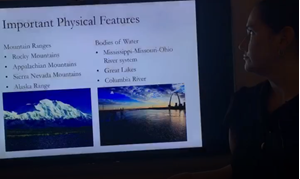
Students will not only identify major North American land and water features, they will identify how they were created and their impact on lifeforms around the region.
Students review concepts introduced in lesson and correct independent work.
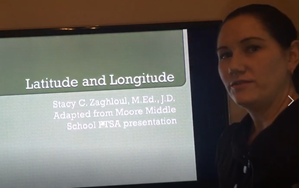
Students will expand on prior knowledge regarding latitude and longitude, identifying both the equator and the prime meridan, and will practice coordinate mapping, finally applying these concepts to real life scenarios, such as the use of GPS technology
Students review concepts introduced in lesson and correct independent work.
Exam covering unit three concepts of the physical Earth
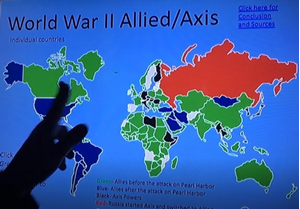
Students will explore the historical basis for political boundaries in Europe through the analysis of topics including the Holy Roman Empire, WWI, WWII, the Cold War, and the various treaties and natural landforms that influence boundaries in Europe.
Students review concepts introduced in lesson and correct independent work.
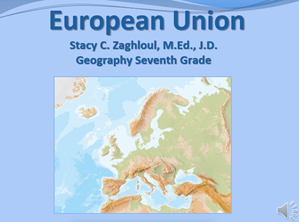
Students learn the purpose of the EU and its history
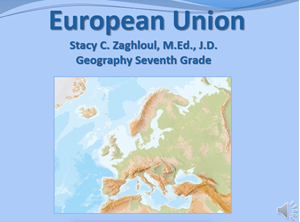
In 2016, the British people chose to leave the EU in a referendum. Why did they do so and what is the consequence?
Students review concepts introduced in lesson and correct independent work.
Exam four, covering unit lessons on Europe
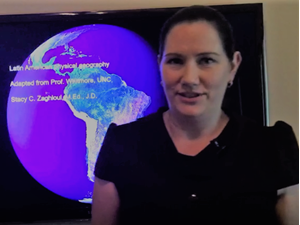
Students will learn about the physical features of central and South America and how these features impact human, animal, and plant life which exists there.
Students review concepts introduced in lesson and correct independent work.
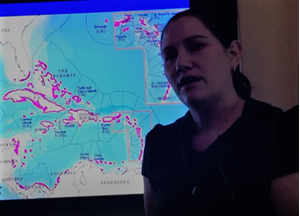
Students will learn about the importance of the Amazon rain forest and the coral reefs which are found in Latin America, and how human activity has impacted these areas.
Students review concepts introduced in lesson and correct independent work.
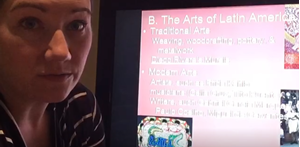
Students will learn the historical and current perspectives which influence Latin American culture, including the arts, sports, language, religion, and influence of colonial powers and native groups.
Students review concepts introduced in lesson and correct independent work
Unit five exam, covering all three lessons on Latin America
Students learn about the Nakba and its consequences.

Students will learn about the historical, political, physical, and cultural features of the Middle East and North Africa.
Students will review concepts covered in lesson and their responses to independent work.
Students demonstrate mastery of concepts learned during N.Africa/Middle East lessons
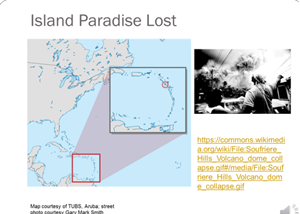
Students learn the geology behind the ring of fire, and understand why plate boundaries interacting cause devastation
Students review concepts introduced in lesson and correct independent work.
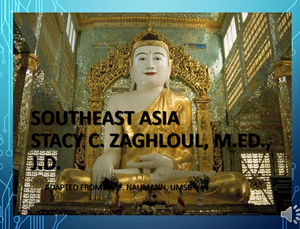
Students will learn the physical, cultural, and political geography of the region
Students review concepts introduced in lesson and correct independent work.
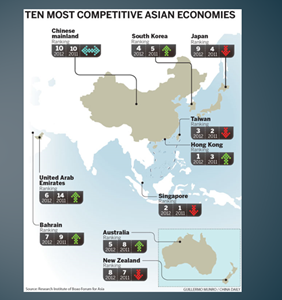
Students will learn the history and current state of Asian economies, and why they dominate world financial markets.
Students review concepts introduced in lesson and correct independent work
This is the unit seven exam, covering the topics of the Pacific ring of fire, S.E. Asia geography, and Tiger economics
Students learn about Africa's major physical features, including elevation, water forms, deserts, arable land, and resources
students review information learned in video lesson
Students learn why Africa was colonized and the consequences of European imperialism on the continent of Africa
Students review information learned in African Imperialism lesson
Students learn about changes which impacted the African continent between the time of WWII to the time of Mandela
Students reflect on information learned in lesson
Students explore the crisis which impacted the Sudan, its causes, and its relationship to other instances of genocide.
Students reflect upon what a genocide is, and the causes and outcomes of the tragedy in Darfur
students will demonstrate mastery over concepts learned in lesson
Students will learn about India's politics and culture, as well as its physical features
students review answers to reflection questions with instructor support
Students will explore the causes and consequences of the ongoing dispute between India and its neighbor
Students will explore the causes and consequences of the ongoing dispute between India and its neighbor
Unit exam over topics covered in lesson on overview of India and lesson on India/Pakistan conflict
This comprehensive exam covers information introduced in all the video lessons and associated materials
